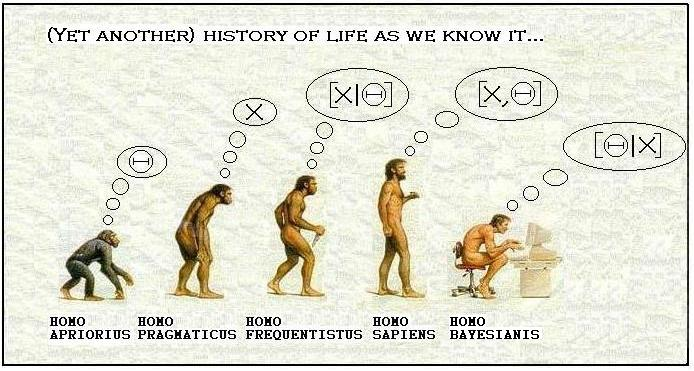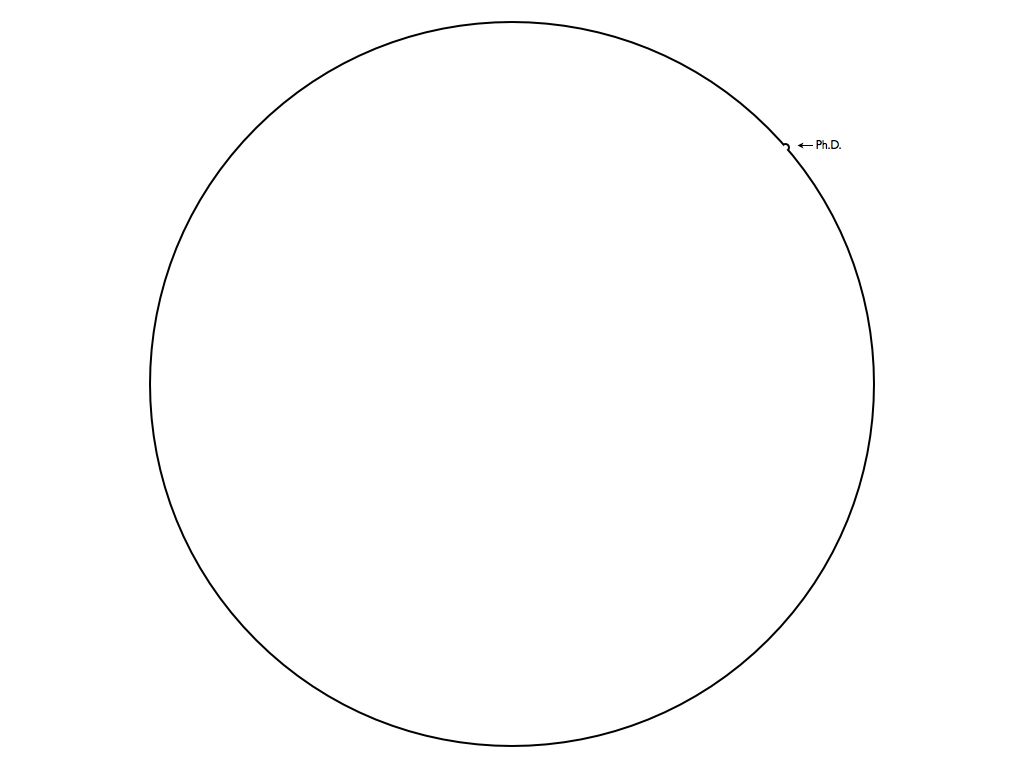I've always been someone who does a lot of things. In elementary school, I played piano, played clarinet, figure skated, did gymnastics, took ballet, took tae kwon do, performed traditional Chinese dance, and attended Chinese school. Then I broke my ankle (funny story - I broke it in gymnastics as I stepped off a high mat AFTER doing crazy stuff on the balance beam). In middle and high school, I dropped all the dance and added volleyball, softball, basketball, choir, theatre, and Girl Scouts to the preexisting piano, clarinet, and Chinese school. Then came college, where I did ABSOLUTELY NOTHING. And it was AMAZING. I'd never given myself a break before, and I'll tell you, that first year was a textbook example of a post-stress slide into sloth. That year I discovered Napster, classic videogame emulators, The Sims, Saturday Night Live reruns in the middle of the day on Comedy Central, sleeping past noon, MTV, and eating ice cream for all meals. I didn't give a second thought to my grades or my body, and as a result, ended up withdrawing from many of my classes after I failed them (known as "Freshman Rule" in my school) and gained about 30 pounds. After that first year, I picked it up, took 16-18 credits each semester, and ended up majoring in psychology with minors in biology (which was only a minor because I refused to take the second semester of organic chemistry) and creative writing, volunteered at the sleep clinic, and worked as a research assistant in my school's biopsychology lab. Following graduation, I picked up where I left off - started playing volleyball and softball again, and got back into dance by regularly taking hip hop, flamenco, and oriental and tribal bellydance, and started performing, all the while working in a law firm, followed by a stint in a bookshop and working in a gym, then becoming a tutor, and then working in non-profit.
And then...something happened. I started to think about how much I was just coasting through my life and how absolutely none of it was making me happy. I hated my job, my new boss, some of my coworkers, couldn't deal with the drama of being on a volleyball team with a bunch of frustrated women, was totally bored by slow-pitch softball, and met some personalities in dance that I just couldn't stand to be around. It was at that point where I realized how much time and energy I'd invested into doing what I was good at, but not doing what I liked. In fact, I had never thought to even assess whether I liked anything I did. I just did them. So I thought back to how happy I'd been in college after I had normalized into a class-attending, good-grade-receiving, research-doing, and-yet-still-enjoying-television-and-videogames-and-an-occasional-round-of-Star-Wars-Monopoly-that-goes-on-for-6-hours student. And I decided to take a "sabbatical", much to my parents' chagrin. During this time, I thought a lot about what I liked. I liked teaching. I liked dance. And surprisingly, I still liked science! After generally eschewing the stuff following graduation and opting instead for the more "marketable" literary route and basically falling on my ass, I realized that I'd been going about it the wrong way. I should have held out for something science-related, which I would have known if I'd just bothered to touch base with myself.
But why did I spend so much time doing all those things I didn't like that much? My very shameful answer is "other people". In some ways, this makes sense; you get involved in activities when your friends do, or at the behest of your parents, or for "extracurriculars". My involvement in many of these activities had to do with having some level of initial interest perhaps based entirely on the fact that I love novelty and learning, excelling because I learn fast, and being encouraged to continue by teammates, friends, or parents. And obviously, that novelty wears off, and the opinion of others is never enough to sustain interest. After 25+ years of coasting on the respect and opinion of others, I'm finally starting to learn how decide what *I* want to do. Maybe they should call it the "selfish and I like it" 30s. Although that doesn't rhyme.



